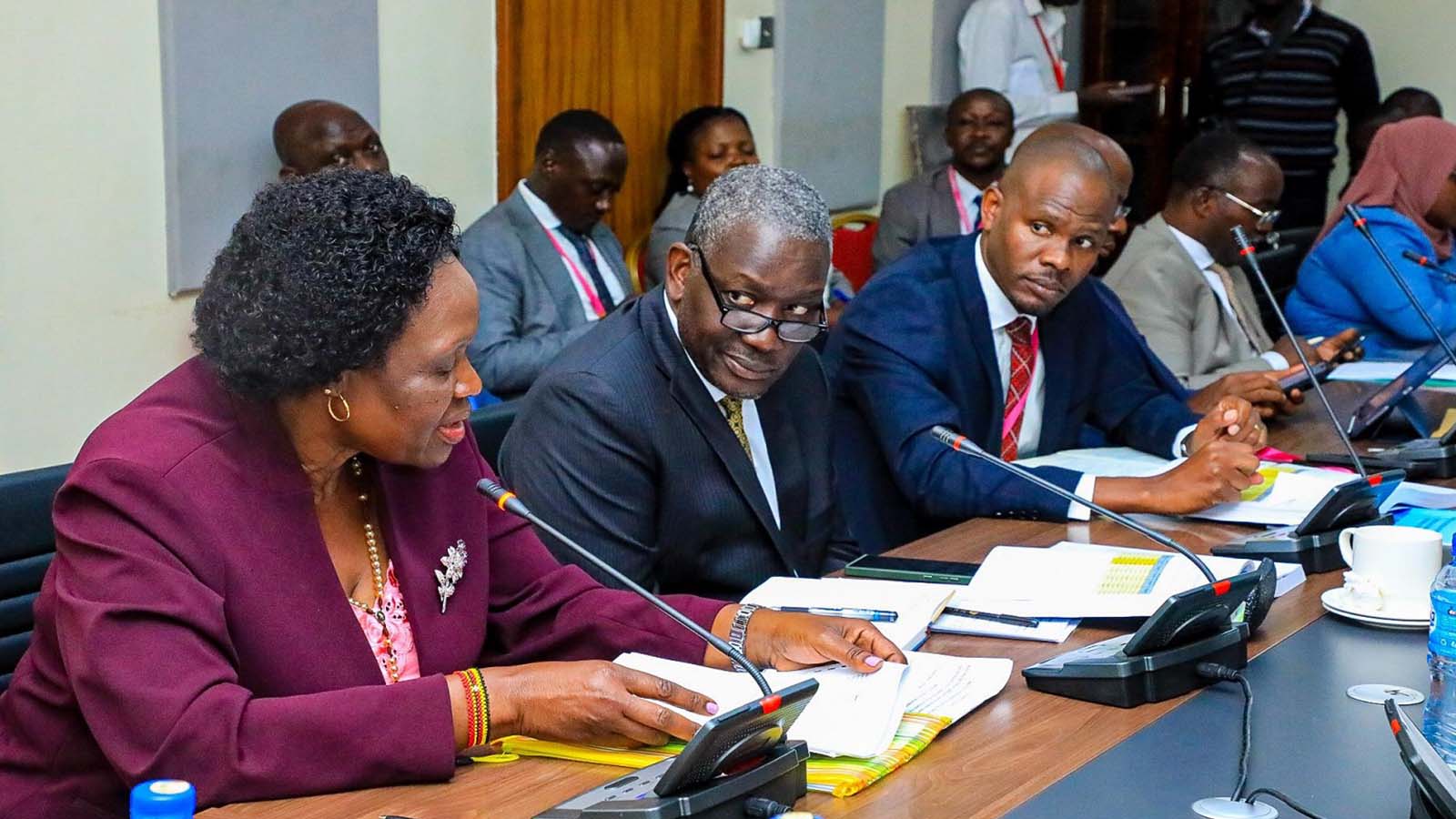Members of Parliament have raised alarm over the growing number of petrol stations being constructed near homes and schools, warning that such developments pose serious safety and environmental risks.
The concern was highlighted by Hon. Herbert Ariko, Chairperson of the Committee on Environment and Natural Resources, when Ministry of Water and Environment alongside the National Environment Management Authority (NEMA) were presenting there 2025/26 ministerial policy statements.
“Why has it become extremely incentivising to build petrol stations around people’s homes and schools?” Ariko asked. “I know you have guidelines, but if anything happened to that fuel station, what would happen to the human habitat immediately surrounding it?”
In response, NEMA Executive Director Dr. Akankwasah Barirega revealed that an inter-agency committee has been established to address the issue. He acknowledged that while stringent new standards for fuel station placement have been issued by the Ministry of Lands, they will only apply to future developments.
“The standards are stringent, but they can’t be applied retroactively. For those stations already in place, we can’t reverse them under the current law,” Barirega said.
The session also saw NEMA defend its capacity amid growing criticism over weak enforcement of environmental laws. Dr. Barirega said the authority is grappling with major staffing gaps, currently operating with just 16 environment inspectors, four auditors, and 44 Environment Protection Force (EPF) officers far below the approved 150 positions.
“These staffing levels severely limit our ability to enforce compliance with environmental and social impact assessment conditions,” he added, calling for an urgent increase of 106 EPF staff.

He also informed the committee that the long-awaited air quality regulations, enacted in 2024, will soon be rolled out. A two-year grace period has been proposed to phase out substandard vehicle engines below the Euro 4 emissions benchmark.
Dr. Barirega suggested that Uganda’s transition to cleaner transport could be boosted by supporting local electric vehicle production. “Instead of giving cash to MPs for cars, why not channel that money to Kiira Motors so that MPs receive electric vehicles made in Uganda?” he proposed.
State Minister for Environment, Hon. Beatrice Anywar, warned that severe budget cuts up to 54 percent in the next two financial years would derail key programmes like wetland restoration.
She noted that while it costs Shs50 million to restore a square kilometre of wetland, current funding will only allow the ministry to restore about 1,330 hectares just a fraction of the required 6,540 square kilometres.
Dr. Barirega affirmed that Uganda’s declaration as a planning area under the Physical Planning Act, 2010, is a positive step, but said enforcement must be strengthened through inter-agency coordination.





